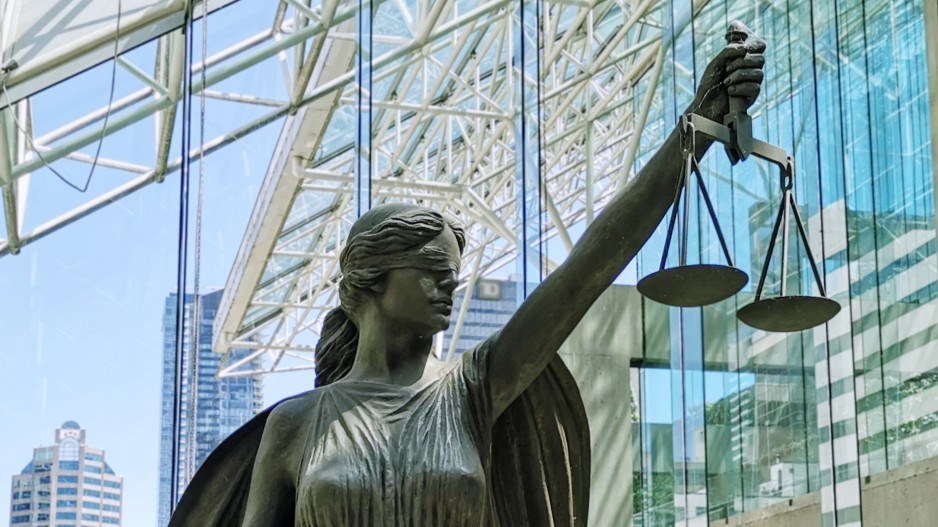B.C. Attorney General Niki Sharma says a court hearing today in Vancouver represents a "new step" in the battle against opioid makers and marketers as the province seeks to certify a class action on behalf of other Canadian governments.
Sharma says the action to obtain costs associated with the opioid crisis is a first of its kind in Canada, and one defendant, Purdue Pharma, has already settled with the province for $150 million.
Sharma, speaking outside court in Vancouver ahead of the certification hearing, says the action was started back in 2018 when Premier David Eby was still the attorney general, putting B.C. up against dozens of health care and pharmaceutical companies.
It comes even after the Supreme Court of Canada agreed this month to hear a constitutional challenge by four of the companies who say a law allowing B.C. to recover costs on behalf of other governments is an overreach.
Sharma says the lawsuit marks a "novel approach" to speed up the process as governments seek to hold companies that make, sell and market opioids for their alleged deceptive marketing of the addictive drugs.
She and Jennifer Whiteside, Minister of Mental Health and Addictions, also issued a joint statement, calling the agreement with Purdue "the largest-ever government health settlement in Canadian history."
"One part of our work to address the toxic drug poisoning crisis is holding the bad actors who are fuelling this crisis — including opioid manufacturers and distributors, and their consultants — accountable," they say.
Sharma said outside court the province has been up against "numerous challenges" from the defendants, which have sought to delay the certification hearing as matters remain unresolved before Canada's high court, but a B.C. judge said an adjournment wasn't in the interests of justice.
The province began the legal odyssey in August 2018 by passing the Opioid Damages and Health Care Costs Recovery Act, seeking costs from firms alleged to have contributed to opioid addiction.
B.C. declared a public health emergency in 2016 over the crisis, and since then nearly 13,000 people have died of overdoses in the province. "We are holding multinational pharmaceutical companies accountable for their role in today's public health emergency," Sharma said. "While no amount of money will ever bring back the people who have lost their lives due to toxic, unregulated drugs, our battle against the wrongful conduct of businesses and their marketing consultants is another meaningful step to address the toxic drug crisis," she said.
The certification hearing is expected to last about four weeks and a civil trial would then have to be held to determine if the companies are liable for damages.
This report by The Canadian Press was first published Nov. 27, 2023.
Darryl Greer, The Canadian Press




